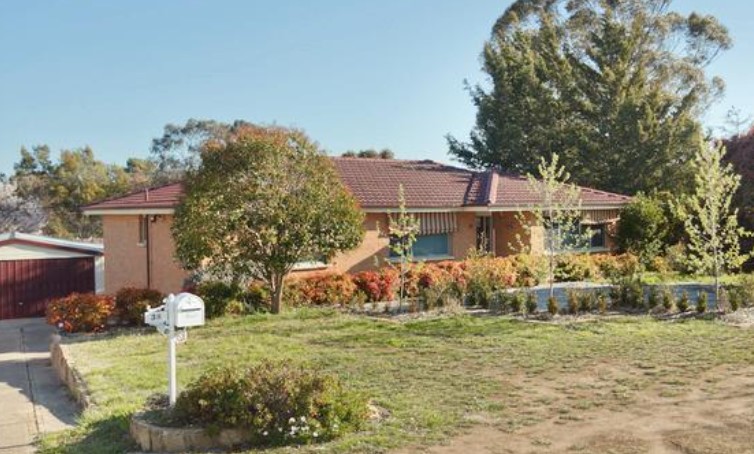
As apartments and townhouses become more prevalent, fewer children are enjoying the freedom of yards. Photo: File.
As more and more Canberra suburbs are incorporating apartment and townhouse complexes into their surrounds, the traditional neighbourhood is being irrevocably changed.
For many, instead of a sprawling backyard and front lawn for kids to play on, they have a courtyard or balcony, and if they’re lucky, shared green spaces within the complex.
Instead of neighbours being a few metres from the walls of your house, on the other side of a fence, they now often share one or two walls with you, and the sounds of their daily lives are the regular interjections into your own activities, and vice versa.
Not only has this shift changed the practicalities of how we live and use our homes, but it has also changed the level and nature of interaction we have with our neighbours.
When I grew up, living in freestanding houses on nice big blocks, we had neighbours who became good friends. As kids we would roam the streets after school together, traipsing from one backyard to the next, taking our bikes for a spin through the quiet, safe streets.
Now, I live in a townhouse complex, and each morning I watch the kids from the houses next to and behind ours mingle and play on the two small patches of grass that stretch between the rows of dwellings. They seem to enjoy riding their scooters up and down the wide concrete driveways, and rolling around on the few square metres of lawn just fine, though I imagine it’s easier when you have no concept of what you’re missing.
Perhaps ironically, despite being much closer to our neighbours physically, we have far less to do with the other people in our complex in general – we might wave or smile as we pass on the way to the rubbish skips, or while crawling our cars towards our garages, but we don’t know each other or make any attempt to actually interact.
I think part of this is just the general unfriendliness of the times, but I also feel like when you share space this closely, the primary way you’re likely to interact with neighbours is when their behaviour is negatively impacting your enjoyment of your home. The most I think of my neighbours is when I get yet another letter from the body corporate sharing a complaint.
So far, having lived in the complex for less than six months, we have had numerous letters about people parking incorrectly, not picking up after their dogs, having their dogs off lead, destroying shared amenities and then refusing to take responsibility, etc.
I even found myself writing a complaint email to our body corporate manager the other week when I noticed one neighbour was letting their cat roam at night, despite the complex being bordered by nature reserves. I agonised over whether I wanted to be ‘that’ neighbour, but in the end couldn’t restrain myself from recommending the body corporate strongly suggest that cats are contained to their premises, with the help of the RSPCA’s Guide To Keeping Your Cat Safe and Happy At Home.
As I wrote the email dobbing in my neighbour, it did occur to me I could have just knocked on their door, and introduced myself before raising the issue myself. But that felt a lot like effort, and also awkward given most difficult conversations I have these days are conducted over email or text.
I didn’t want to disrupt their afternoon with my presence, any more than I would appreciate having a neighbour knock on my door for a chat. In fact, we all generally avoid making eye contact or saying anything to each other all the time when we see a neighbour in the complex.
Lately, I’ve been actively smiling at people if I see them when I’m walking the dog back home, or driving my car past them on the driveway, and there seems to always be a moment of confusion before they rearrange their own faces in a smile to mirror mine. We’re all so comfortable with our agoraphobic unfriendliness, it’s a bit surprising to acknowledge each other at all.
Is neighbourliness another nicety that may die out with a generation, a thing of the past when human interaction wasn’t mostly facilitated by technology and devices, but relied on good old-fashioned talking? Or is it a function of neighbourhood structure that defines whether a sense of community can be established with those living nearest to you?





















